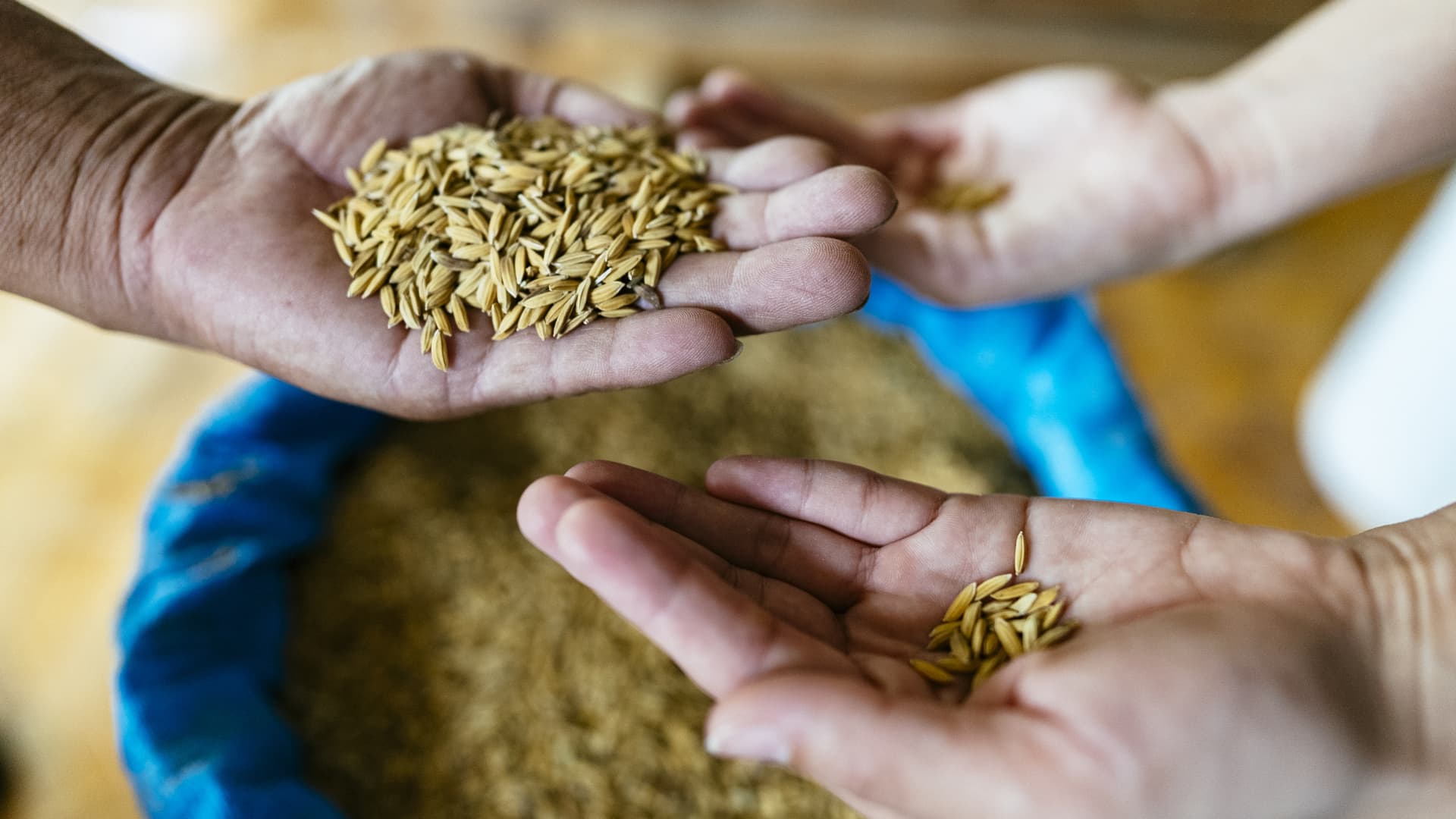Skaman306 | Moment | Getty Images
DAVOS, SWITZERLAND — The slew of upcoming global elections could derail international efforts to secure long-term food supplies, according to the International Fund for Agricultural Development (IFAD).
President Alvaro Lario told CNBC that is short-term politics will likely dominate over longer-term strategy in the bumper election year of 2024, causing major issues like food security to fall by the wayside.
“It’s going to be a challenging year. Almost half of the governments in the world are going to go through elections,” Lario said Monday at the World Economic Forum in Davos.
“That’s only going to increase the polarization and probably the simpler messages, rather than the complexity of really addressing the change of these food systems,” the head of the U.N. special agency added.
Around two billion people are set to head to the polls this year in a historic series of elections spanning 70 countries. Front of mind for voters will be the economy and ongoing global conflicts, as well as issues like the green transition and its local implications.
Lario noted that growing pushback against climate policies — often known as “greenlash” — has already begun to dominate political discourse, undermining already precarious food systems.
“It’s getting more complex because we’re seeing a lot of the small-scale agriculture producers in Europe, for example, getting impacted by this transition, and how they can finance it. So, even in the local politics, it’s going to become more complex,” he said.
Despite the complexity, Lario said it is the role of organizations such as IFAD to “continue banging at the door” of the public and private sector to bolster investment in programs that tackle the root causes of food insecurity. Those include actions which enable more local food production, greater integration of regional markets and further crop diversification.
Lario said such investment had become all the more important in the face of rising global tensions.
“With an increasing number of conflicts and situations of fragility, it’s very clear that the situation will only get worse given that we are not really tackling the root causes,” he said.
“We thought after the Ukraine shock that [tackling the root causes] was going to be a given, and there was a lot of momentum. But now we’re seeing the momentum once more diluting because the number of conflicts just increases and the attention goes once more to the humanitarian aspect,” he added.
It is estimated that around one in 10 people globally suffer from food insecurity or reliable access to nutritious food, according to UNICEF.
